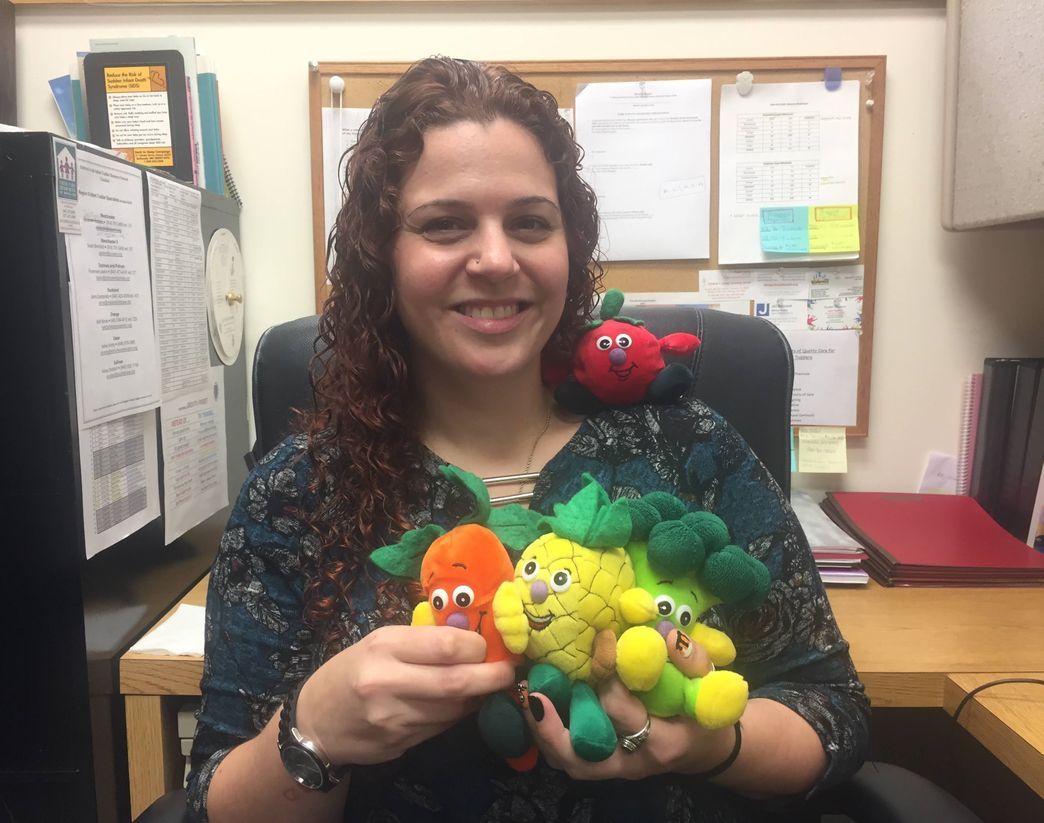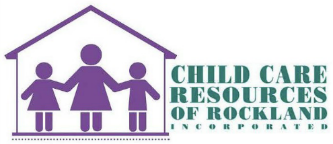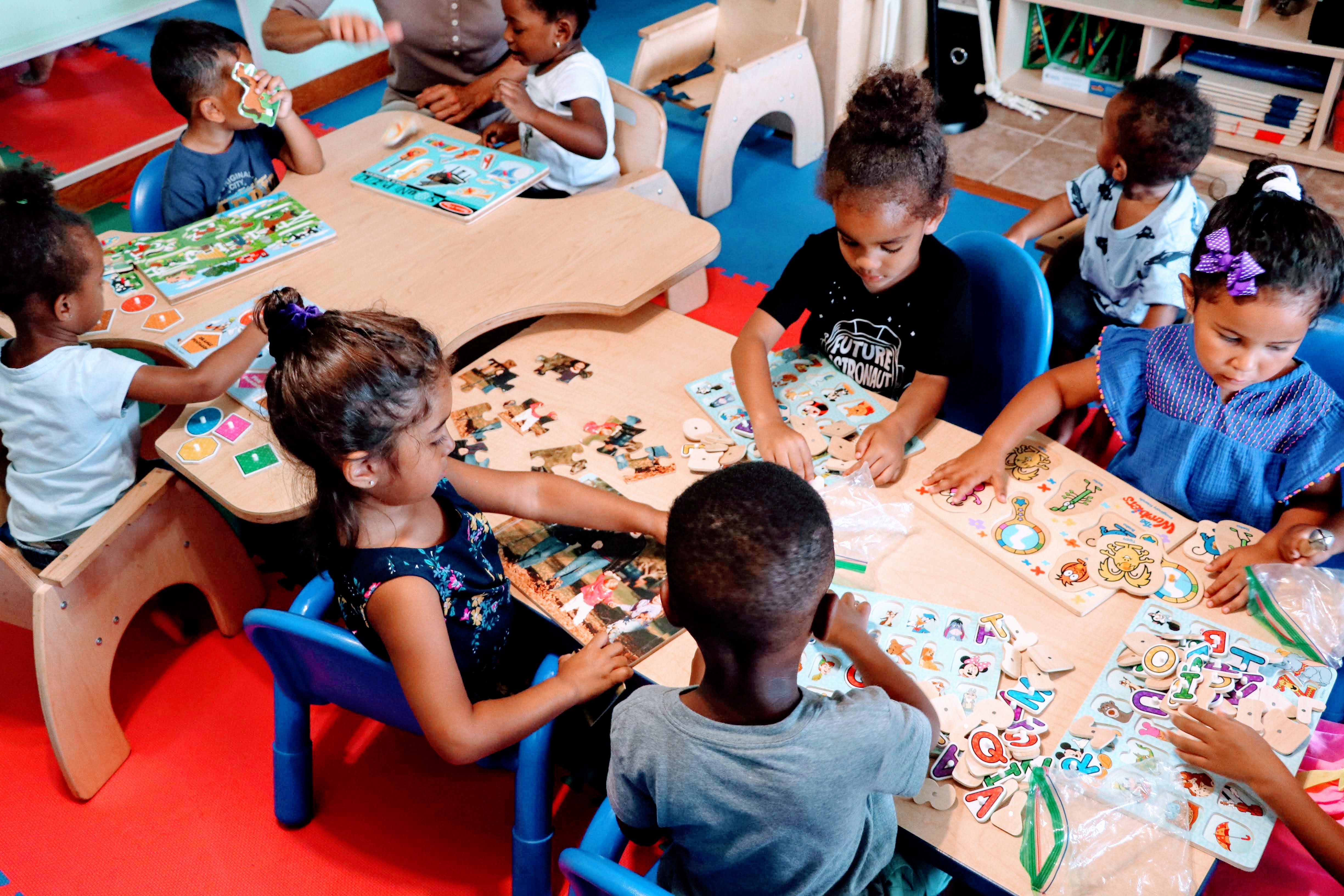Infant Toddler Resource Network

In January, Child Care Resource and Referrals (R&Rs) agencies were informed the Infant/Toddler Regional Contract would be tripled, allowing each R&R in Region 6 to hire an Infant/Toddler Specialist to be responsible for providing developmentally appropriate, research based basic and intensive technical assistance, training, support and assistance to infant/toddler center classrooms and family child care programs serving or having the potential to serve subsidized children including those participating in the Infant/Toddler expansion grant and other infant/toddler grant programs. Prior to this expansion there were only two specialists for the entire region. CCRR hired Jenny Spampinato in March, and she hit the ground running participating in training, visiting child care programs, and sharing knowledge, insight, and assistance to infant/toddler providers and parents. Jenny even implemented a monthly Infant/Toddler Network workshop series.
Throughout the year, the Infant Toddler Resource Network (ITRN) has been working towards achieving its goals. Provider network support groups were formed in each county and continue to grow. In 2019 CCRR’s Infant Toddler Quality Enhancement Specialist held four trainings for G/FDC providers. These trainings were held Saturday mornings from 9am-11am to better accommodate the availability of the providers. Topics for these trainings were chosen based on feedback from providers as well as what the specialist had observed in the field. Topics included physical activity with infants and toddlers, biting, promoting early literacy, and early childhood nutrition. Participation in this new project grew considerably -from three participants in the first training to eight in the fourth.

